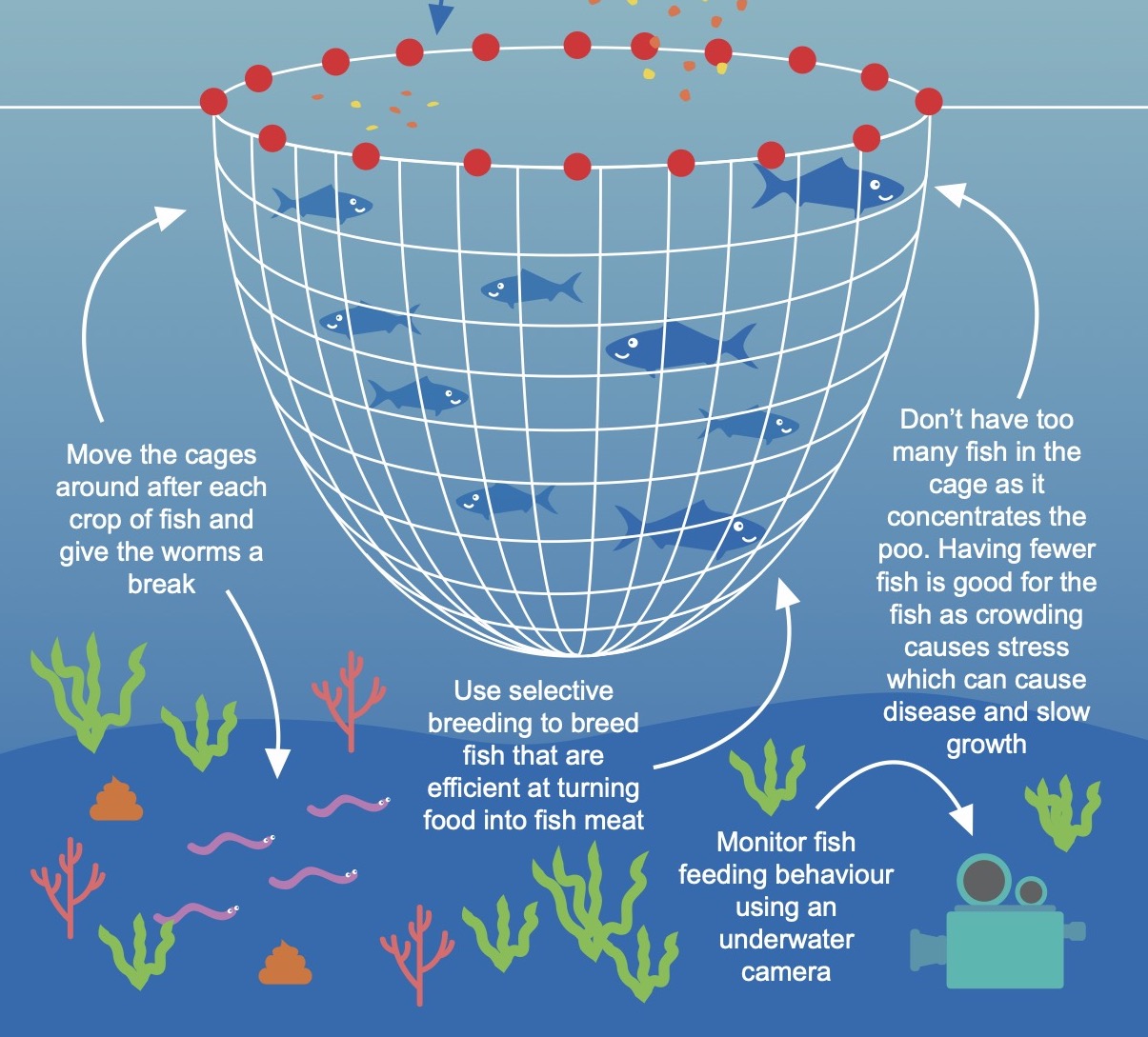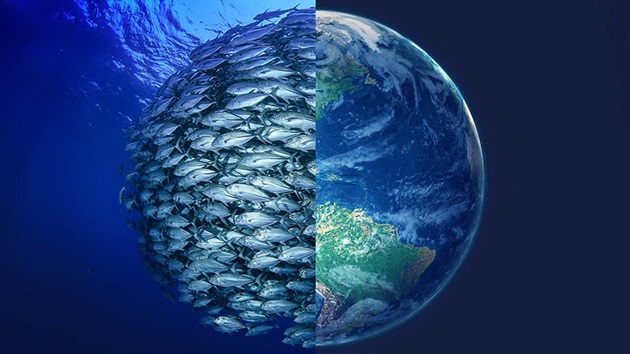Find teaching resources for National Science Week, hosted in Australia during August every year. All resources are aligned with Version 9 of the ACARA Australian Curriculum.
National Science Week
Explore our range of lessons created for National Science Week below. Our newest lesson plan Hidden Ocean Life follows the 2025 theme '‘Decoding the Universe – Exploring the unknown with nature’s hidden language’'.Hidden Ocean Life
Science Week Q&As
During National Science Week 2021, Laura Wells met with science, fisheries, sustainability and food experts across a series of three student Q&A events.
Fishing in Antarctica
In this lesson, learn about the great variety of sea life in the sub-Antarctic, from the Patagonian Toothfish to the Emperor Penguin, with special guests
- Rhys Arangio - Senior Manager Environment & Policy, Austral Fisheries
- Dr David Agnew - Executive Secretary, Commission for the Conservation of Antarctic Marine Living Resources (CCAMLR).
Chemistry in the Kitchen
In this lesson, students learn about how lobsters are caught and what happens to lobster when it is cooked in different ways, with special guests
- Analiese Gregory - Chef and Author, Tasmania
- Simon de Lestang - Senior Research Scientist, Department of Primary Industries and Regional Development, Western Australia
From Fish to Fillet
In this lesson, learn about the journey of our fish from the boat to the shop. How big are tuna, how are they caught, and how do they become a fillet of fish? With special guests
- Grant Logue - Owner, Harley & John's Seafood
- Phil Ravanello - Program Manager, Tuna Australia
Ending Overfishing: Virtual Classroom
In this virtual lesson to celebrate National Science Week 2020, students learned about fish adaptations, the marine food web, and why ending overfishing is essential for the future of our big blue ocean. Students were joined by marine scientist and former presenter of Channel 7’s Get Clever’ Laura Wells, shark biologist from the MSC Dr Adrian Gutteridge, and sustainable fishing expert teacher Mark Dunn in a special live stream session for the classroom. This lesson is designed for school students age 10-12+ learning Science and Geography.
Ending Overfishing: Virtual Classroom with Marine Scientists
Food: Different by Design
This 40-60 minute lesson will introduce learners to some of the ways that seafood production can be designed for a more sustainable future. Learners will discover some of the innovations being made in aquaculture and wild fishing to help reduce pollution and entanglements with marine wildlife.
Sign up for teacher updates
Each quarter, we'll feature the latest education resources, upcoming calendar dates, competitions and the very best ocean-related stories.



